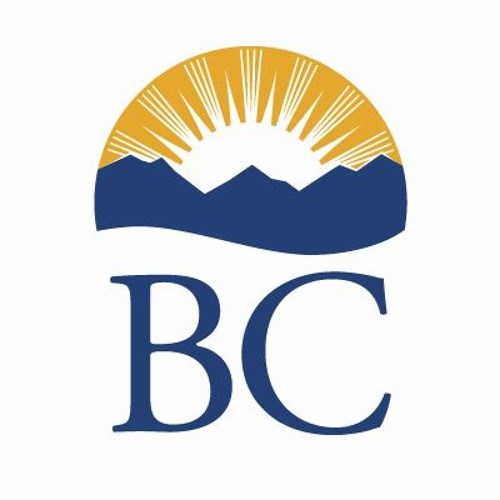Gibsons, Sechelt and the Sunshine Coast Regional District (SCRD) are being asked to sign on to a protocol that outlines how the community should respond to incidents of racism or hate.
The Sunshine Coast committee for Organizing Against Racism and Hate (OARH) drafted the 35-page protocol with $6,000 in funding from the province’s Embrace BC initiative. The protocol includes research on discrimination and actions the community can take in response to “critical incidents.”
The Sunshine Coast was one of 32 communities in the province to get funding.
In her presentation to Gibsons council on June 19, April Struthers, the consultant who worked with the local committee, said the point of the protocol was to build “resilience.” She also said there’s plenty of evidence that the Sunshine Coast is not insulated from discrimination and racism.
She said focus group sessions with minority and self-identified marginalized groups, faith groups, youth, and others on the Sunshine Coast found “a number of groups who’ve experienced a variety of different kinds of ‘isms.’”
Those ‘isms’ included at least one unique to this area – “Coastism” – discrimination based on how long someone has lived here.
“It’s really important for all of us, but certainly public organizations, to make it clear what their stance is and what the line is that’s acceptable,” she said.
The protocol was adapted from the one signed by 142 groups in the Comox Valley. “It’s a blueprint for action after there have been incidents. It’s a shared community responsibility and the protocol lists who we think should share that responsibility and how it is that you deal with increasingly more serious incidents as they arise up to the level of hate crime.”
The details of the protocol include defining a “critical incident” as: “a shocking or personally upsetting racist, homo/transphobic, or hate-based event; based on the application of any ‘ism’ (discriminatory attitudes about groups of people); resulting in distress or harm to anyone, or a group of persons, within the community.”
The responses outlined run from individual “response in the moment” to informal community conflict resolution, policy-based action by institutions or agencies, and ultimately legal recourse by police and the courts.
The protocol also binds signatories to “the fair and effective application” of the Charter of Rights and Freedoms, the Canadian Human Rights Act and British Columbia Human Rights Code throughout the Sunshine Coast.
Struthers also presented the protocol to councillors in Sechelt last week, where she said, “The idea of having a community response is that not any one organization is responsible for dealing with incidents that are brought to light and that we all have a part to play.”
Struthers was scheduled to present the protocol initiative to the SCRD board on June 28, and OARH is hoping to hold a protocol signing during a special event in November.



